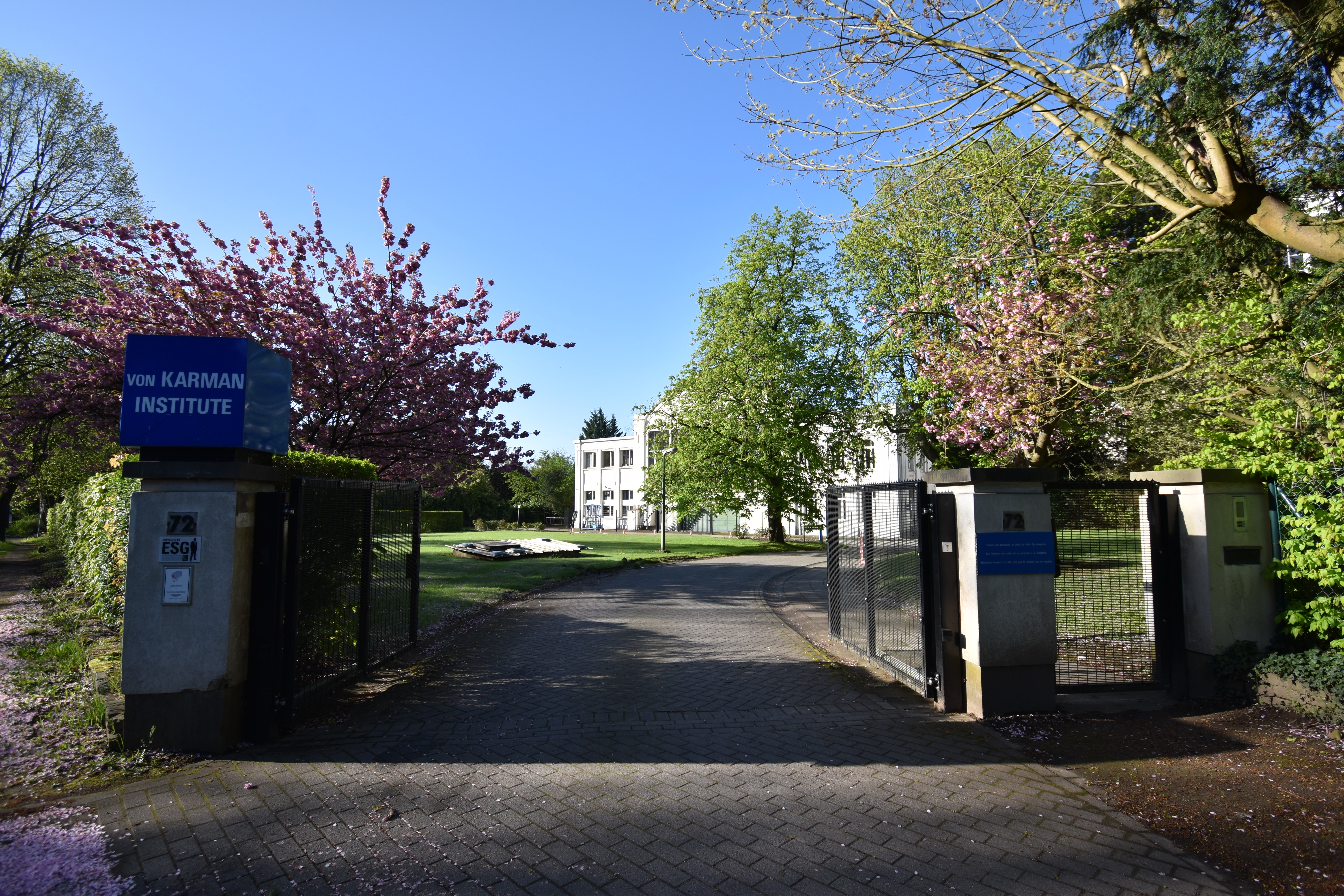Online Seminar on Aerothermal analysis of a vertical landing reusable launcher configuration by means of CFD

Online Seminar on Aerothermal analysis of a vertical landing reusable launcher configuration by means of CFD
Dr. Mariasole Laureti, aerothermodynamics engineer at the Institute of Aerodynamics and Flow Technology in Göttingen (DLR)
Abstract: The European space strategy aims at maintaining autonomous, reliable and cost-effective access to space. Reusability represents a possible approach for reducing costs and improving flexibility of European launch systems. Many projects aim to develop cutting-edge technologies for Vertical Take-off Vertical Landing (VTVL) Reusable Launch Vehicles (RLVs) which return to and land to Earth applying retro propulsion combined with Aerodynamic Control Surfaces (ACS), i.e. RETALT (Horizon 2020), RETPRO (ESA), and concepts for next-generation launch vehicles: CALLISTO (DLR-CNES-JAXA), THEMIS (ESA – large European consortium led by Ariane Group).
In the presentation, a reference Two Stage To Orbit (TSTO) RLV configuration, named RETALT1, developed in the framework of RETALT project, with a design similar to the SpaceX rocket ”Falcon 9”, is used to discuss aerothermodynamic challenges introduced by this new category of launchers.
The assessment of thermal loads, during the entire trajectory, is essential for the correct dimensioning of the thermal protection system and for sizing other important structural parts like aerodynamic control surfaces and landing legs. Due to the costs and limitations of ground-based testing for large scale vehicles these predictions rely intensively on numerical simulations (CFD). The need of aero-thermal databases, as a fast-response surrogate model for the aerothermodynamic heating, arises because of the practical impossibility of performing unsteady CFD analysis over the entire trajectory due to the large disparity of fluid mechanical and structural time scales. The construction of these databases is based on a representative set of CFD simulations which cover at least the flight regimes with significant thermal loads.
An analysis of representative CFD results is provided with the aim to show typical flow field phenomena and the resulting heating patterns occurring during the ascent flight and the atmospheric entry of RETALT1 vehicle.
Biography: Mariasole Laureti obtained the MSc and PhD at the Department of Aerospace and Mechanical Engineering at Sapienza University of Rome, working on the modelling and simulation of aero-acoustic phenomena in large aft-finocyl solid rocket motors.
She is currently employed at DLR – Institute of Aerodynamics and Flow Technology in Göttingen as aerothermodynamics engineer. Her main task is the assessment of aerodynamic properties and thermal loads occurring on reusable launch vehicles during the entire flight trajectory. She is also involved in project related to plasma-radar interaction and space debris.
Event Information
| Event Date | 10-10-2023 1:30 pm |
| Event End Date | 10-10-2023 2:30 pm |
| Cut off date | 10-10-2023 11:00 am |
| Location | von Karman Institute for Fluid Dynamics |
Venue Information - von Karman Institute for Fluid Dynamics

